

Does Vaping Make You Gain Weight?
Whether or not vaping can make you gain weight is a valid concern, especially if you have noticed changes in your appetite or body since you started vaping. Some people swear it helps curb hunger, while others claim it makes them snack more, so what is the truth? Can vaping really affect your weight?
Understanding Vaping, Its Ingredients, and How it Can Impact Weight
To determine whether vaping influences weight gain, we first need to break down what is actually inside those e-liquids. Knowing the ingredients will help you understand how vaping might affect metabolism, appetite, and overall body composition.
Most vape juices contain three primary components;
- Nicotine (though some e-liquids are nicotine-free)
- Propylene Glycol (PG) and Vegetable Glycerin (VG) - These act as the base liquids
- Flavourings - These are the ingredients that make vaping taste good
Each of these plays a different role in vaping, but when it comes to weight changes, nicotine is the most significant factor. Why? Because nicotine has been scientifically shown to impact both metabolism and appetite.
Let us break down the details. Nicotine is a stimulant that affects the central nervous system. One of its well-documented effects is appetite suppression, which is why many smokers experience reduced hunger. This is also why people who quit smoking often notice an increase in appetite.
However, not all vapes contain nicotine. Nicotine-free e-liquids won’t have this appetite-suppressing effect, meaning your natural hunger levels will not change. If you previously smoked and switched to a nicotine-free vape, you may notice an increase in your appetite simply because you no longer have the nicotine to keep it in check.
PG and VG are the two main components of any vape juice. They do not have a direct impact on weight gain, but they do influence the vaping experience. PG is the liquid that carries flavours well and provides the throat hit. It absorbs water from the body, which can lead to mild dehydration, sometimes mistaken for hunger.
VG, on the other hand, is a thicker liquid that creates dense vapour clouds. It is slightly sweet, which can trick your taste buds into craving sugary foods.
Neither PG nor VG contains calories, so vaping itself won’t contribute to weight gain in the way that eating high-calorie foods would. However, the sweet taste of VG-based e-liquids might influence cravings, leading you to snack more than usual.
When it comes to flavours, this is what makes vaping fun and enjoyable, offering everything from fruity and minty options to dessert-like flavours such as vanilla and chocolate. While these flavourings themselves don’t contain calories, they can psychologically influence your appetite.
For example, sweet and dessert-flavoured e-liquids might make you crave actual sugary foods. This simply shows that the flavour of your vape juice can lead you toward certain eating behaviours without you even realising it.
Can Vaping Make You Hungrier?
Some vapers report feeling hungrier after vaping, but why does this happen? There are a few possible reasons;
- Flavours that trigger cravings - Many vape juices taste like sweets, desserts, or fruits. This could trick your brain into wanting the real thing, leading to snacking.
- Reduced nicotine intake - If you switch from smoking to vaping and lower your nicotine levels, your body may adjust by increasing your appetite.
- Mindless munching - Some people vape as a habit, which often comes with snacking. If you find yourself reaching for food while vaping, you might be eating extra calories without noticing it.
Does Vaping Slow Down Metabolism?
Nicotine has a small metabolism-boosting effect, meaning it helps you burn calories slightly faster. Several studies support the idea that nicotine increases metabolism, but the effect is relatively small. Research suggests that nicotine can boost energy expenditure by around 5-10%, which means you burn slightly more calories when using it. However, this effect is not strong enough to make a major difference in weight loss or weight gain on its own.
If you are using nicotine vapes, your metabolism should stay roughly the same as when you were smoking. But if you switch to nicotine-free vaping, the small metabolism boost disappears. Some individuals experience a slight increase in appetite, which can lead to weight gain if they eat more than usual. Ultimately, gaining weight after quitting nicotine is due to increased food intake rather than a slowed metabolism.
Psychological Factors - Does Vaping Affect How You Eat?
Vaping is not just about nicotine. It is also a psychological habit. Some people vape when they are bored, stressed, or need something to do with their hands.
If vaping replaces a habit like eating sweets or snacking, it could actually help prevent weight gain. However, certain flavours and habits may trigger food cravings. For example, while a dessert-flavoured vape juice could make you want sugary treats, vaping while watching TV might make you crave or want to reach for a pastry or snack.
Understanding these psychological triggers can help you control cravings and make healthier choices.
Can Vaping Help You Lose Weight?
If you are wondering if vaping can actually help with weight loss, here is what you should know;
- Vaping is not a weight-loss tool. While nicotine can suppress appetite, you can't rely on it for weight control.
- Vaping might prevent post-smoking weight gain. If you switch from smoking to vaping, keeping nicotine in your routine could help you avoid the usual weight gain seen after quitting smoking.
- Gaining or losing weight is about the food you eat. If you eat unhealthy foods, more food than you need, or don’t exercise, vaping won’t stop weight gain.
How Vapers Can Maintain a Healthy Weight
If you are worried about gaining weight while vaping, here are some simple tips;
Choose Low-Calorie Snacks
If vaping makes you feel hungrier, have healthy snack options available. Instead of reaching for sweets, crisps, or other high-calorie junk food, try keeping healthier options like fruits, nuts, or yogurt nearby. Protein-rich snacks like almonds can also help keep you full for longer, reducing the urge to overeat. Healthy snacks will satisfy your hunger without causing excessive weight gain.
Stay Hydrated
Many people mistake thirst for hunger, leading them to eat when their body actually needs water. This is especially true for vapers, as vaping can sometimes cause a dry mouth, making you feel like you need to consume something. Drinking plenty of water throughout the day can prevent unnecessary snacking and help keep your appetite down. If you find plain water boring, you can add slices of lemon, cucumber, or berries to enhance the taste. Herbal teas and sugar-free drinks can also help keep you hydrated without adding extra calories to your diet.
Be Mindful of Flavours
Some vape flavours, especially the sweet ones, might increase your cravings for sweet foods. If you find yourself wanting sugary snacks more often after using these flavours, consider switching to something more neutral or refreshing, like menthol, mint, or tobacco flavours. This small change can help prevent unnecessary sugar cravings that lead to weight gain.
Exercise Regularly
Whether you vape or not, regular exercise is key to maintaining a healthy weight. Physical activity helps you burn calories, boost your metabolism, and reduce stress, all of which are essential for weight management. You don’t need to do intense workouts to see benefits. Even simple activities like walking, cycling, or yoga can make a difference.
Monitor Nicotine Levels
If you are reducing nicotine, do it gradually to avoid sudden hunger spikes. A sudden drop in nicotine can lead to increased appetite and stronger cravings for food. A slow transition, on the other hand, will help your body adjust without causing cravings.
Eat Balanced Meals
A well-balanced diet is another key factor in maintaining a healthy weight. Make sure to include enough protein, fiber, and healthy fats in your meals to help keep you full and satisfied. Don't skip meals or eat too many processed foods, as this can also lead to overeating later in the day.
-
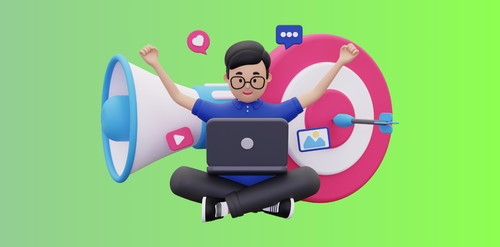
-
In stockOriginal price £25.00 - Original price £139.99Original price £0.00£25.00 - £139.99£25.00 - £139.99Current price £25.00
Earn 312 reward points
Orange County CBDBrought to you straight from the Sunshine State, Orange County's CBD oil combines full-spectrum, premium cannabinoids with natural terpenes to brin...
View full detailsOriginal price £25.00 - Original price £139.99Original price £0.00£25.00 - £139.99£25.00 - £139.99Current price £25.00Earn 312 reward points
-
Low stockOriginal price £19.99 - Original price £100.00Original price £0.00£19.99 - £100.00£19.99 - £100.00Current price £19.99
Earn 250 reward points
CBD by British CannabisIntroducing the new CBD Cannabis Oil from CBD by British Cannabis. This 100% Cannabis oil has been developed to be the best tasting most premium CB...
View full detailsOriginal price £19.99 - Original price £100.00Original price £0.00£19.99 - £100.00£19.99 - £100.00Current price £19.99Earn 250 reward points
-
In stockOriginal price £25.00 - Original price £25.00Original price £0.00£25.00£25.00 - £25.00Current price £25.00
Earn 312 reward points
CBD FXExperience the natural benefits of CBDfx Hemp Tincture, crafted with high-quality, pure hemp-derived CBD and MCT oil for optimum absorption and e...
View full detailsOriginal price £25.00 - Original price £25.00Original price £0.00£25.00£25.00 - £25.00Current price £25.00Earn 312 reward points
-
In stockOriginal price £19.99 - Original price £19.99Original price £0.00£19.99£19.99 - £19.99Current price £19.99
Earn 250 reward points
CBD FXExperience the natural benefits of CBDfx Hemp Tincture, crafted with high-quality, pure hemp-derived CBD and MCT oil for optimum absorption and ef...
View full detailsOriginal price £19.99 - Original price £19.99Original price £0.00£19.99£19.99 - £19.99Current price £19.99Earn 250 reward points
-
Low stockOriginal price £29.99 - Original price £149.99Original price £29.99 - Original price £149.99Original price £29.99£26.99 - £134.99£26.99 - £134.99Current price £26.99
Earn 337 reward points
Naturecan CBDBroad Spectrum 100% Natural Oil By Naturecan CBD is a high quality broad spectrum CBD oil produced from organically grown US hemp manufactured in t...
View full detailsOriginal price £29.99 - Original price £149.99Original price £29.99 - Original price £149.99Original price £29.99£26.99 - £134.99£26.99 - £134.99Current price £26.99Earn 337 reward points
Save up to 10% -
In stockOriginal price £64.99 - Original price £160.00Original price £0.00£64.99 - £160.00£64.99 - £160.00Current price £64.99
Earn 812 reward points
Supreme CBDSupreme CBD full spectrum oil provides the maximum CBD advantages and is available in three strong variants: 1500mg, 3000mg, and 6000mg. This full ...
View full detailsOriginal price £64.99 - Original price £160.00Original price £0.00£64.99 - £160.00£64.99 - £160.00Current price £64.99Earn 812 reward points







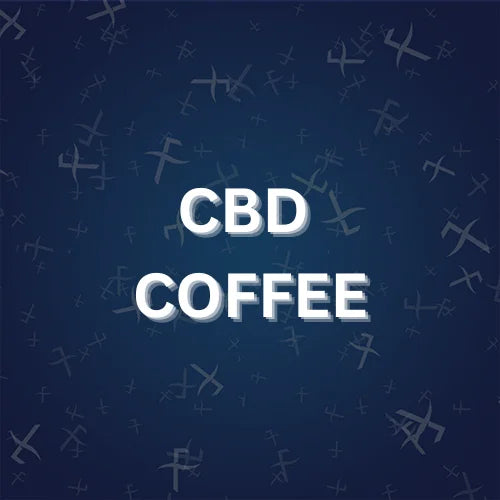


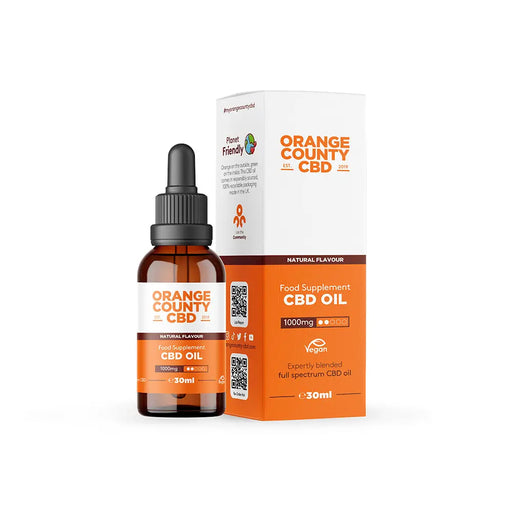
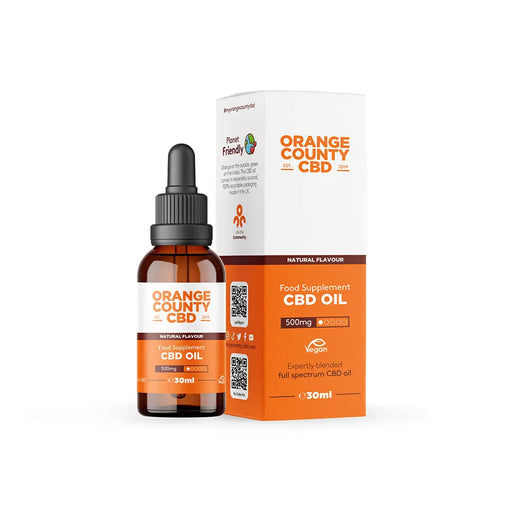
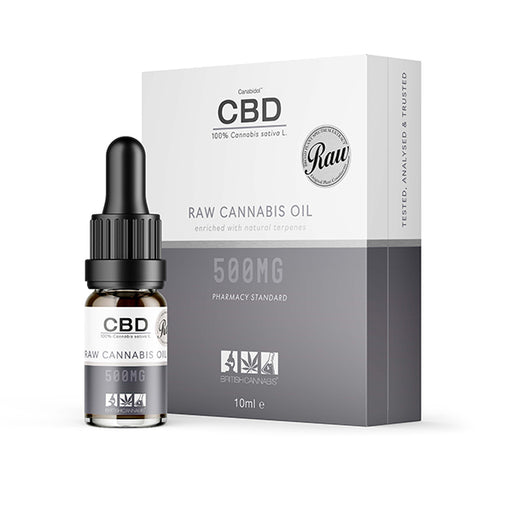
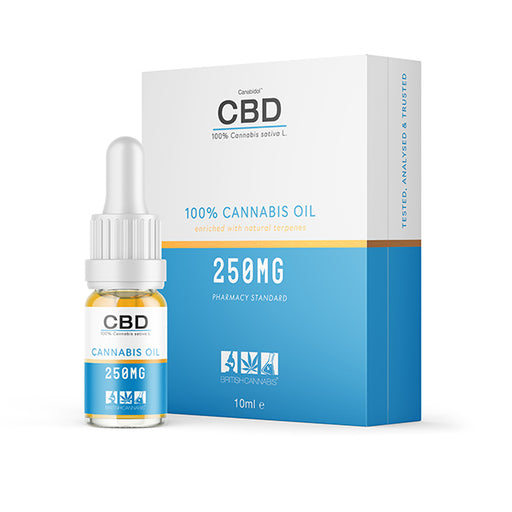


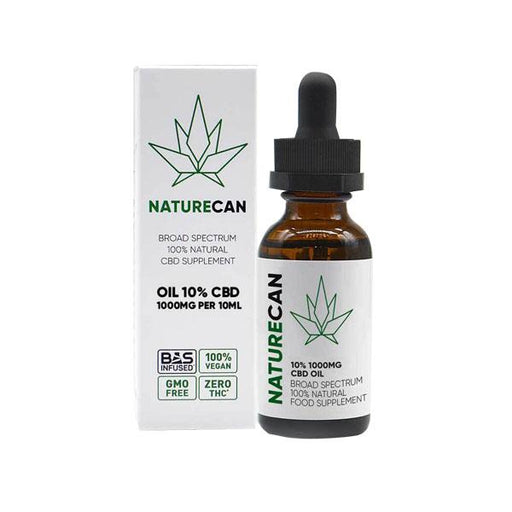
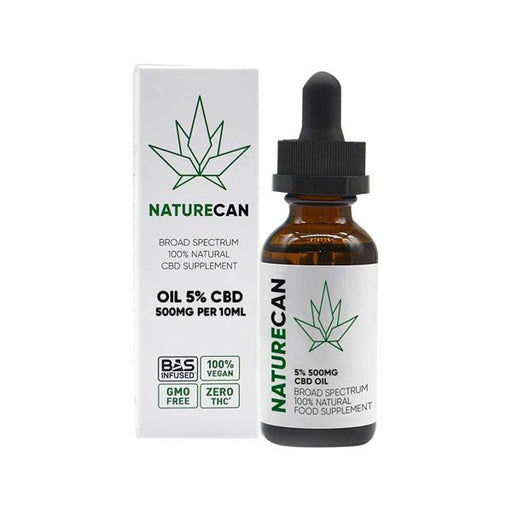


Leave a comment